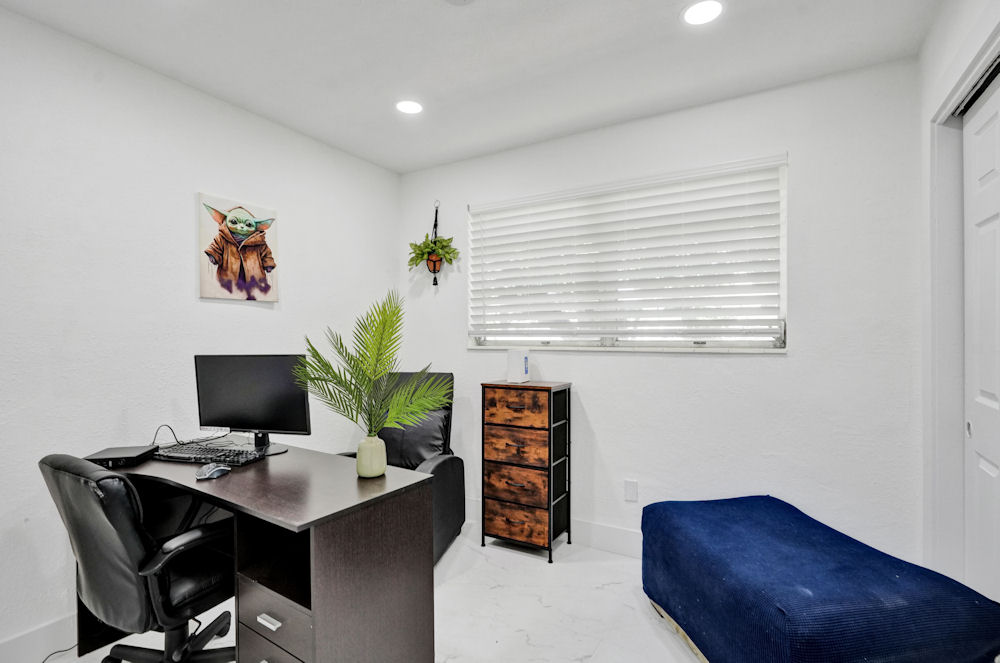Our program is uniquely created and run by those who have walked the same path of addiction as you and have recovered from substance use disorders. Their experience makes our team highly qualified to address addiction and help others achieve sobriety. If you or a loved one struggles with substance abuse, call House of Discernment and begin your recovery today!


Treatment Programs for Substance Abuse
Outpatient
Partial Hospitalization Programs (PHPs)
Intensive Outpatient Program (IOP)
Dual Diagnosis Treatment Program
Insurance Verification



Program Overview
Our center is built on the belief that true transformation begins when you embrace your power and choose healing. With a team that has walked the path of recovery themselves, we offer a unique blend of professional expertise and personal understanding to guide you every step of the journey.
Outpatient treatment at House of Discernment provides flexibility for individuals who need to balance their recovery with work, school, or family commitments. This program typically requires 10 to 12 hours per week at our facility, focusing on individual and group counseling, relapse prevention, and substance abuse education.
Our Partial Hospitalization Program (PHP) offers a structured yet flexible approach to addiction treatment. PHP is more intensive than outpatient care but allows patients to return home after daily sessions. This program is ideal for individuals who require a higher level of care but do not need 24/7 supervision.
The Intensive Outpatient Program (IOP) at House of Discernment is designed for individuals who need more support than traditional outpatient care but do not require inpatient treatment. IOP focuses on relapse management, coping strategies, and building a strong support network while allowing patients to maintain their daily routines.
Many individuals struggling with addiction also face co-occurring mental health disorders. Our dual-diagnosis treatment program addresses both addiction and mental health issues simultaneously, providing a comprehensive approach to recovery.
Hollywood, Florida Addiction Treatment Programs
At our Hollywood, Florida rehab, we offer a variety of therapeutic treatments in order to holistically treat substance use disorders. Each day in our program is carefully designed to create a harmonious blend of therapy, self-reflection, and connection with others. Your day may begin with a mindfulness or breathing exercise to help you ground yourself, followed by a mix of individual and group therapy sessions. Nutritious meals are provided to nourish your body, while creative and recreational activities offer opportunities for self-expression and relaxation.
Evenings are reserved for quiet reflection or personalized support, allowing you to process your experiences. Every aspect of the day is tailored to help you regain your strength, develop resilience, and acknowledge the progress you’re making on your journey toward recovery.
Cognitive Behavioral Therapy (CBT) is a widely used, evidence-based approach that helps individuals identify and change negative thought patterns and behaviors that contribute to addiction. By focusing on the connection between thoughts, feelings, and actions, CBT equips individuals with practical tools to manage triggers, cope with cravings, and develop healthier habits. This therapy is particularly effective in addressing underlying issues such as anxiety, depression, and trauma, which often coexist with addiction. Through structured sessions, clients learn to challenge distorted thinking and replace it with positive, constructive alternatives, fostering long-term recovery and emotional resilience.
Dialectical Behavioral Therapy (DBT) combines cognitive-behavioral techniques with mindfulness practices to help individuals regulate emotions, improve relationships, and reduce self-destructive behaviors. Originally developed for borderline personality disorder, DBT has proven effective in addiction recovery by teaching skills like distress tolerance, emotional regulation, and interpersonal effectiveness. These skills empower individuals to navigate challenging situations without resorting to substance use. DBT also emphasizes self-acceptance and balance, helping clients build a life worth living while addressing the root causes of addiction.
Family therapy focuses on repairing and strengthening relationships within the family unit, which often suffer due to addiction. This therapy recognizes that addiction affects not only the individual but also their loved ones. By involving family members in the recovery process, it addresses communication breakdowns, unresolved conflicts, and enabling behaviors. Family therapy helps create a supportive home environment, fostering understanding and accountability. It also educates families about addiction as a disease, reducing stigma and promoting healing for everyone involved. This collaborative approach enhances the individual’s recovery journey and strengthens the family’s ability to provide lasting support.
Group therapy provides a safe and supportive space for individuals in recovery to share their experiences, challenges, and successes with others who understand their struggles. Led by a trained therapist, group sessions encourage peer support, accountability, and the development of healthy social skills. Participants gain insights from others’ perspectives, reducing feelings of isolation and building a sense of community. Group therapy also helps individuals practice communication, empathy, and conflict resolution in a structured setting. This collective approach fosters connection and reinforces the idea that recovery is a shared journey, making it a cornerstone of many addiction treatment programs.
Individual therapy offers a one-on-one setting where clients can explore the underlying causes of their addiction in a confidential and personalized manner. This therapy allows for deep self-reflection and tailored treatment plans that address specific needs, such as trauma, mental health disorders, or personal goals. The therapist provides guidance, support, and coping strategies to help clients navigate challenges and build a foundation for lasting recovery. Individual therapy also fosters a strong therapeutic alliance, empowering clients to take ownership of their healing process and develop the self-awareness needed to maintain sobriety.
Holistic therapy incorporates non-traditional, creative, and mindfulness-based approaches to support addiction recovery. Art and music therapy allow individuals to express emotions and process experiences in a non-verbal way, promoting self-discovery and emotional release. Breathwork and mindfulness practices help clients manage stress, reduce anxiety, and stay present in the moment, which is crucial for avoiding relapse. These therapies address the mind-body connection, fostering overall well-being and balance. By integrating holistic practices into treatment, individuals gain additional tools to enhance their recovery journey, promoting healing on a physical, emotional, and spiritual level.

